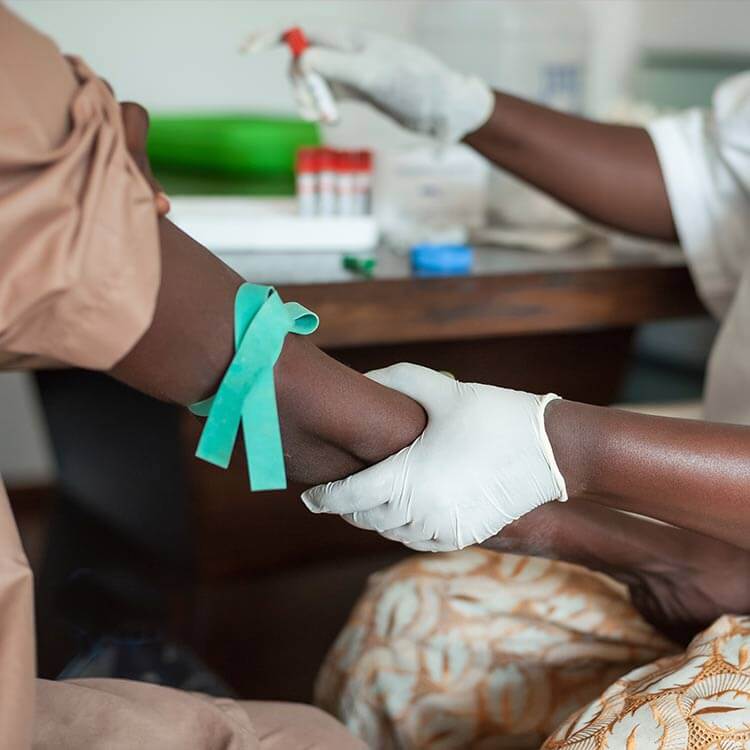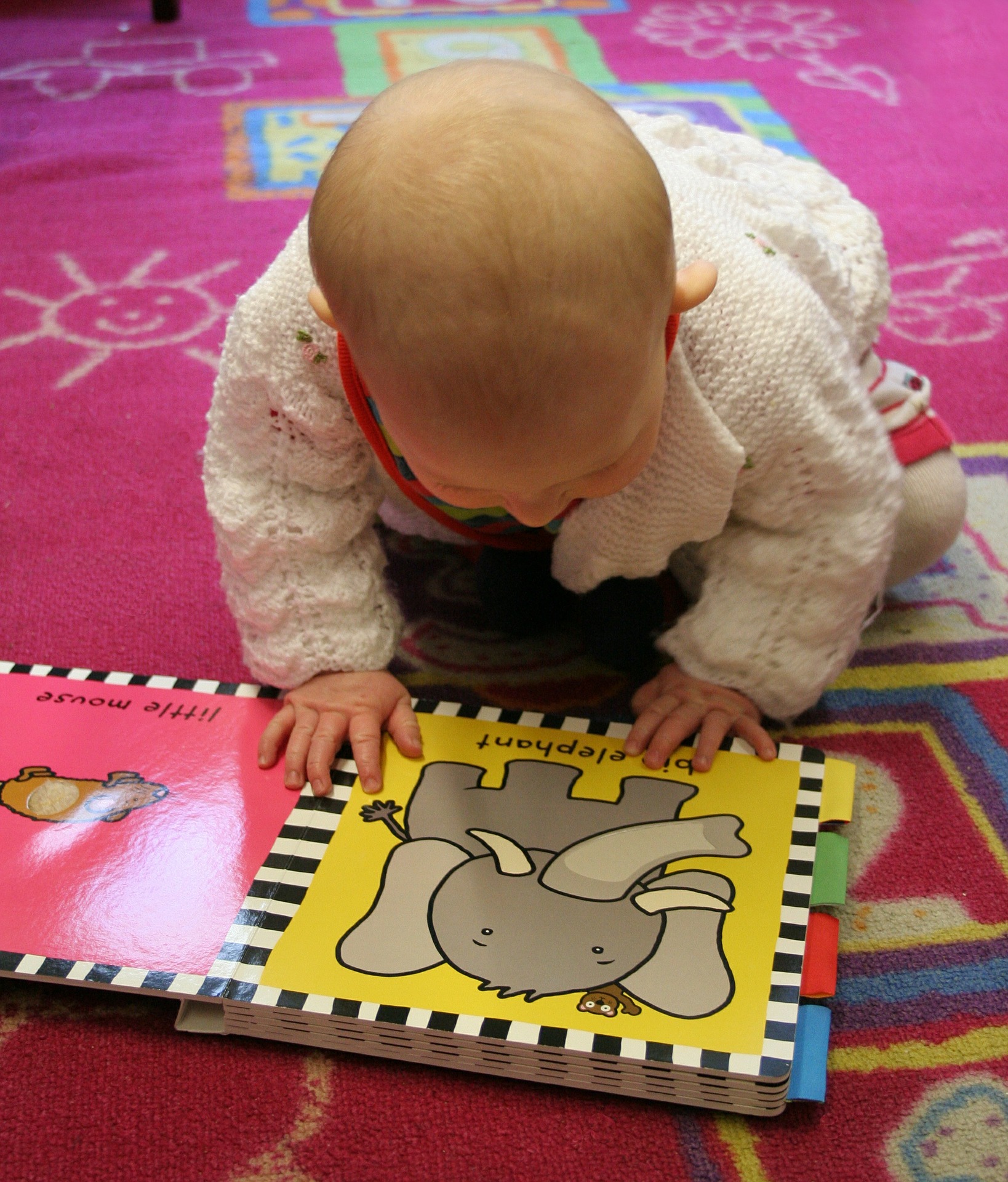Search

Research
GAMA projectThis study investigated host gene expression in response to new HIV infection.

Research
MeaslesMeasles is a highly contagious infectious disease that can cause severe, long-term complications in children.
Research
Duration of amoxicillin-clavulanate for protracted bacterial bronchitis in children (DACS): a multi-centre, double blind, randomised controlled trialProtracted bacterial bronchitis (PBB) is a leading cause of chronic wet cough in children. The current standard treatment in European and American guidelines is 2 weeks of antibiotics, but the optimal duration of therapy is unknown. We describe the first randomised controlled trial to assess the duration of antibiotic treatment in children with chronic wet cough and suspected PBB.
Research
Childhood vaccination coverage in Australia: an equity perspectiveThis study describes trends in social inequities in first dose measles-mumps-rubella (MMR1) vaccination coverage in Western Australia (WA) and New South Wales (NSW).
Research
Spatial prediction of malaria prevalence in Papua New Guinea: a comparison of Bayesian decision network and multivariate regression modelling approaches for improved accuracy in prevalence predictionConsiderable progress towards controlling malaria has been made in Papua New Guinea through the national malaria control programme's free distribution of long-lasting insecticidal nets, improved diagnosis with rapid diagnostic tests and improved access to artemisinin combination therapy. Predictive prevalence maps can help to inform targeted interventions and monitor changes in malaria epidemiology over time as control efforts continue.
Research
Global economic costs due to vivax malaria and the potential impact of its radical cure: A modelling studyAn estimated 14 million cases of Plasmodium vivax malaria were reported from Asia, Central and South America, and the Horn of Africa. The clinical burden of vivax malaria is largely driven by its ability to form dormant liver stages (hypnozoites) that can reactivate to cause recurrent episodes of malaria. Elimination of both the blood and liver stages of the parasites ("radical cure") is required to achieve a sustained clinical response and prevent ongoing transmission of the parasite.
Research
Modes of transmission and attack rates of group A Streptococcal infection: a protocol for a systematic review and meta-analysisSummarising the current knowledge of Strep A transmission to humans will address gaps in the evidence and inform prevention and control strategies. The objective of this study is to evaluate the modes of transmission and attack rates of group A streptococcal infection in human populations.
Research
Safety of live attenuated herpes zoster vaccine in Australian adults 70-79 years of age: An observational study using active surveillanceTo assess the safety of live attenuated herpes zoster vaccine live (ZVL) through cumulative analysis of near real-time, participant-based active surveillance from Australia's AusVaxSafety system. ZVL was funded in Australia for adults aged 70 years from November 2016, with a time-limited catch up programme for those up to 79 years. This cohort study monitored safety in the first two programme years through active surveillance at 246 sentinel surveillance immunisation sites.
Research
Case Report: Neonatal Varicella Acquired From Maternal ZosterThe incidence of neonatal varicella has decreased dramatically since the introduction of the varicella vaccination. Although the varicella zoster virus is often associated with a mild infection, it may cause severe morbidity and mortality, particularly in the neonatal period and immunocompromised hosts. We report a case of neonatal varicella acquired from maternal zoster in a mother on biological immunosuppressive therapy.
Research
Core Outcome Measures for Trials in People With Coronavirus Disease 2019: Respiratory Failure, Multiorgan Failure, Shortness of Breath, and RecoveryRespiratory failure, multiple organ failure, shortness of breath, recovery, and mortality have been identified as critically important core outcomes by more than 9300 patients, health professionals, and the public from 111 countries in the global coronavirus disease 2019 core outcome set initiative. The aim of this project was to establish the core outcome measures for these domains for trials in coronavirus disease 2019. Three online consensus workshops were convened to establish outcome measures for the four core domains of respiratory failure, multiple organ failure, shortness of breath, and recovery.
